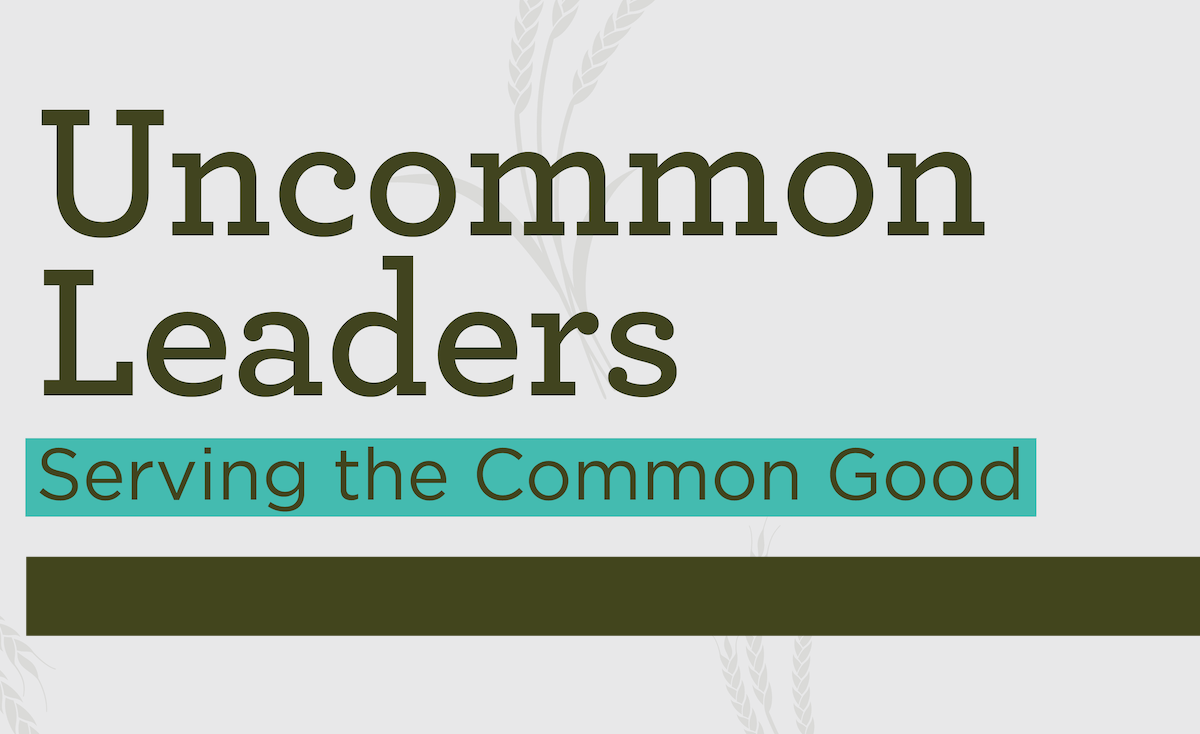We were honored to host a thoughtful conversation with three nonprofit leaders with whom we are proud to work.
CEO
Moses Taylor Foundation
Executive Director
Wellesley Centers for Women
Chief External Affairs Officer
Rady Children’s Hospital Foundation
There were many parts of the conversation that had us taking notes. The following are a few we found insightful and wanted to share.
1. Leadership is a role, not an identity. We are all human beings.
The highest person in the organization and the lowest person—as it relates to the org chart—are equal. If that is where you are coming from as a leader, you can make any configuration work. The pandemic has forced us to get to know each other a lot better. It reminds us how equal we all are: how we are interlocking parts of a larger whole. In the throes of leading organizations, it can be easy to forget this.
2. There is not one right way to lead.
It’s easy to think leadership means being in command and in control. And some do approach the world in that way. But leaders come in all styles. When you learn that, you can lead effectively while still being “you.” You can bring the best of what you have and create your own leadership style.
3. We must continue to address the diversity gap in nonprofit leadership.
Leadership and professionalism are not neutral. They are represented and defined by the dominant culture. As panelists shared, people of color are often conscious of navigating spaces clearly not designed for them. Nonprofits, foundations, and boards must aim to create more inclusive environments and cultivate diversity across their organizations.
4. Mistakes are not fatal.
Leaders make dozens of decisions each day. Even if you are getting 95% of these choices right, you are still getting a lot wrong. Own up to it. Cultivate non-defensiveness. Create a culture that is open to criticism and understands that “we won’t fall apart.” The goal is excellence, not perfection. Leaders allow mistakes to be fruitful—they cultivate a spirit of appreciative inquiry. Leaders focus on learning.
This builds a culture that is less risk averse. That is important for those of us who are in the business of making the world a better place.
5. Take time to reflect.
While learning from failure is essential, it is easier said than done. Setting aside time for self-reflection—whether through meditation, writing, or communicating with close friends or colleagues—can help you remain grounded. Bill Gates took think weeks. At Benefactor Group, we are starting the practice of taking clarity breaks. In whatever way works best for you, spend time working on your organization, not just in it.
6. Take leadership seriously…but don’t take yourself so seriously.
Leadership is a privilege. The responsibilities vested by positions of power should be handled with care and a constant awareness of others. As one panelist shared: “Take leadership seriously. Take the role, work, and your colleagues seriously. But don’t take yourself so seriously.”
7. Bet on yourself.
As closing advice, each panelist shared a similar piece of wisdom that emerging leaders should remember: “You can do more than you think you can.”






